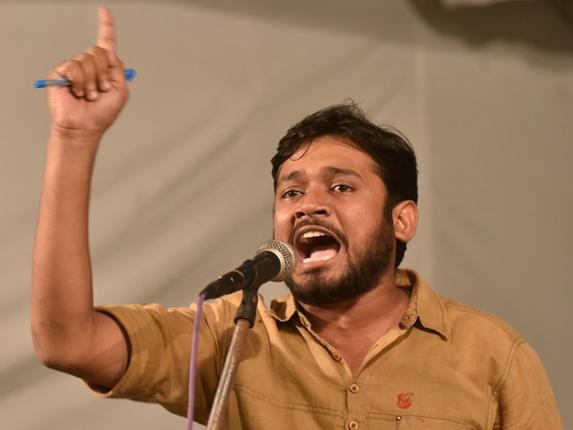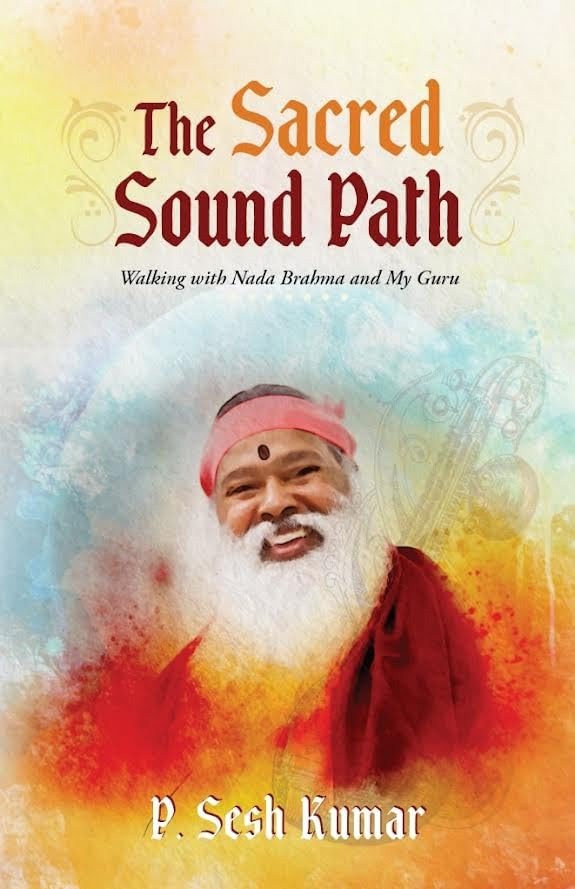Kanhaiya: Free and unrepentant
Ravi Shanker Kapoor | March 8, 2016 8:20 am

The six-month interim bail to Jawaharlal Nehru University Students’ Union president Kanhaiya Kumar will be hailed as a great victory of freedom of expression by Leftists and liberals. They will also gloat over the defeat of the ‘fascist’, ‘jingoistic’ forces for their inability to keep him behind bars. However, the great intellectuals should also—though they are unlikely to—seriously consider the comments made by the Delhi High Court judge in her order.
In her order, Justice Pratibha Rani said that those who “enjoy the freedom to raise such [anti-national] slogans in the comfort of university campus” do so because our soldiers stand guard “at the battlefield situated at the highest altitude of the world.” Unfortunately, JNU folks are not likely to appreciate this fact.
The tone and tenor of Justice Rani’s order is admonitory. While she granted bail to Kanhaiya, she did not forget to remind him about his failings. “The kind of slogans raised may have demoralizing effect on the family of those martyrs who returned home in coffin draped in tricolor.”
Further, she wrote, “The petitioner claims his right regarding freedom of speech and expression guaranteed in Part-III under Article 19(1)(a) of Constitution of India. He has also to be reminded that under Part-IV under Article 51A of Constitution of India fundamental duties of every citizen have been specified along with the fact that rights and duties are two sides of the same coin.”
The judge also wants better behavior from Kanhaiya: “he can be required to furnish an undertaking to the effect that he will not participate actively or passively in any activity which may be termed as anti-national. Apart from that, as President of JNU Students Union, he will make all efforts within his power to control anti-national activities in the campus.”
This is a reasonable expectation from an accused youngster who, owing to his proximity to jihadists, can scarcely be called an ideal student leader. The guy got a rap on the knuckles from a court that gave him freedom. But does he feel chastised? And do his supporters think that there was anything amiss about him?
Not at all. All of them are convinced that he was framed by the state; and their conviction emanates from their self-righteous ideology that regards the judiciary as a class institution. There is no remorse for being buddies of separatists and jihadists; for, in the first place, they don’t think there is anything wrong with such unsavory characters. At any rate, Muslim fundamentalism is accepted as just another shade in the so-called rainbow coalition and not as a supremacist ideology that is a threat to all diversity.
In fact, what is questioned today is not Kanhaiya’s predilection for illiberal forces but Justice Rani’s order. So, lawyer Sanjay Hegde said, “The 23-page bail order could have been finished in three lines.” He went on to add that the judgment “may later be used as a model for what not to write in a judgment.” So much for gratitude.
JNU Professor Aditya Mukherjee objected to the judge’s observations about soldiers protecting our freedoms. “Pitting armed forces against students is terrible.”
It is terrible to tell students what the cost of liberty is; it is terrible to admonish a wayward student leader. And it is noble to befriend traitors!































